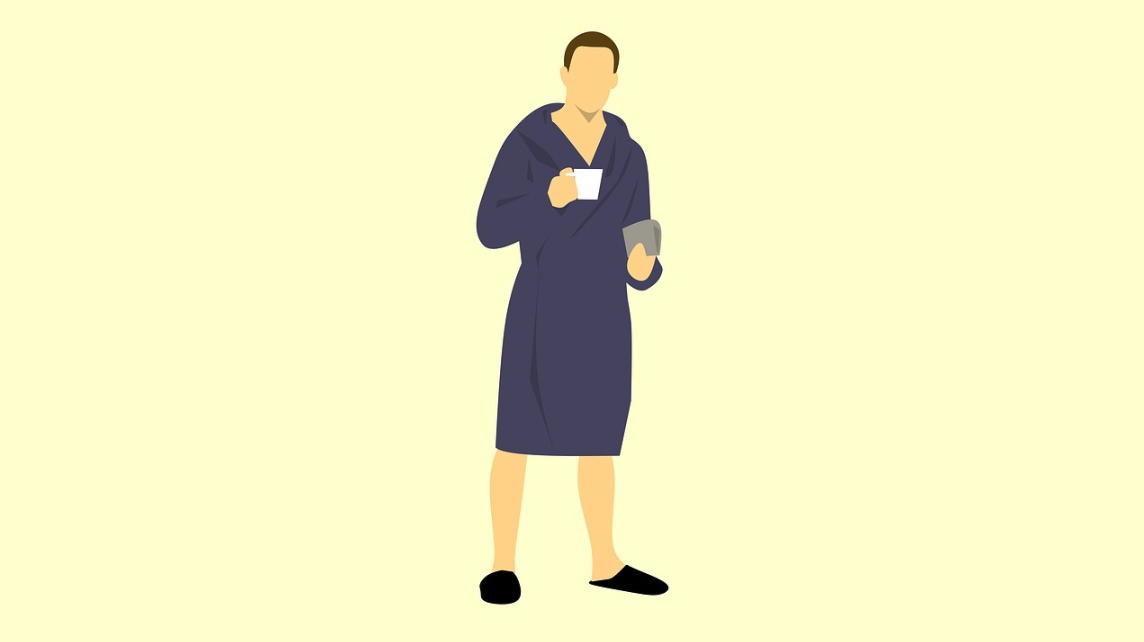Civic education in the United States has been getting a lot of attention lately. Different than “Government” courses that focus on the structures of government, the goal of a Civics course is to prepare students to participate in democracy and to educate them about the rights and duties of citizenship. One of the driving forces behind the renewed interest in civic education is the changing nature of HOW participation in civic dialogue is now taking place in our society.
While “shift happens,” history is often the story of how that shift disrupts traditional patterns of life. When horses were replaced by cars, the dominant form of transportation that had existed since before written history simply dissolved. When the factory replaced small craftsmen, patterns of family life and social organization that were the bedrock of society faded away. (If your last name is Smith, Miller, Thatcher or Baker etc., your identity is part of this old tradition of work.)
The changes in civic discourse in the last decade are as dramatic as the changes listed above. This can be emphasized by looking at an ancient, early model of civic participation. When young Romans came of age and became citizens, they were taken to the forum in Rome to mark the occasion. They were given the robes of a citizen, which depending on the era, were worn all of the time or, at the very minimum, they were worn when they participated at the forum. The Forum Romanum was the site of discussions of civic life – both large and small. All citizens were welcome to participate, and those who were not citizens were regularly offered the hope of citizenship if they demonstrated dedication to Rome. But even then, citizenship in the early republic was very limited, and it was an elite few who could participate.
Emperor Augustus once even fretted about the fact that citizens were starting to attend the forum without their robes. Fearing that people would ignore the formalities of tradition and begin to disrespect the place and the work that took place there, he ruled that all attendees at the forum must wear their formal robes in order to take part. To drive home the point, he began to refer to Romans as “the people who wear robes” when he spoke publicly. The message was sent that government and civic discourse were public and social events that took place under very formal circumstances.
Regardless of the different forms of government that emerged, when civic discourse was conducted, when the mainstream of political thought and participation in the processes of government were taking place, formality in dress and behavior was the norm. No doubt politics were discussed in other informal settings, like pubs and social gatherings, but their effect on the processes of decision making was limited and very indirect.
Today however, many of the public conversations about politics and government take place through social media. This can have the effect of taking conversations from the pub or from your couch and sharing them widely with the public, thereby injecting them into the actual decision-making processes of government. Here is just one example of a casual tweet that had a massive public effect. Posted by someone with just 40 twitter followers, within 26 hours it was cited by the president-elect.
Link to story: https://goo.gl/basyuW
Strangely, the modern robes of democracy might best be represented by the bathrobe. In recent years, there has been a decline in civic conversations in public, and the political divide that exists in the population has grown. Some might say that this is just an extension of the civic decline that Robert Putnam warned about in “Bowling Alone.” If we look at where this civic discourse now takes place, we can see that citizens are carrying out discussions on social media, removed from those they are speaking with, often in the privacy of their homes, or cars, or in the small in-between spaces of their daily routines. The norms of online discussions and civility are more informal and vastly different from how we treat people in public.
Is this the modern American Civic Forum?
To be clear, I don’t believe that, as Americans, we are any more or less civil about politics today than we were in years past. Though arguments are often made for or against this idea, a student of history can see that at times American Politics have been just as cutthroat and divided as they are today. What I am arguing is that the informal discussions of the people that often took place at picnics and in pubs are now shared widely in ways that they were not before. These conversations can now be covered by the media just as intensely as the formal political conversations that take place in legislative bodies. A twitter influencer with 20,000 followers sitting on his/her couch can have the effect that a politician touring the nation to speak in local communities once did. Consider, what the Lincoln Douglas debates might look like if they happened today? #LincolnDouglasDebates
The other problem that we face is that, in our digital lives, we have competing online forums where these discussions take place. Media silos exist, and that division creates competing forums for our civic discussions. Often these forums have widely different norms for what is and is not a reputable source, as well as differing opinions about what the core American values are and how we define and understand those values.
In 2016, 64% of Americans got their news from one news site, with the majority finding their news on Facebook. Since the news that any person is exposed to on a site like Facebook is driven by who that person follows and the posts & ads that the facebook algorithm targets at them, it is possible to get only a very narrow slice of the information that is actually out there. When these sources are shared, they are often shared with comments and a discussion to go along with them. This means that the majority of Americans are now getting, sharing, and commenting on the major happenings of the day on sites like Facebook, often while on the couch, in line at the grocery store, or while lying in bed at night.
When Americans are asked how to solve this problem of incorrect, false, or the more commonly thrown-about term, “fake” news, 45% percent of them said that politicians and elected officials should bear the responsibility for preventing made-up stories and information from getting attention.
If the goal of civic education in America is to prepare citizens to exercise their rights and duties in a democracy, our institutions will need to reflect deeply upon how civic education is taking place in our schools. They will need to be clear about goals and prepare students to enter the altered landscape of the “Modern American Civic Forum.” Just like movie theaters with the arrival of cell phones, we need to think about the norms that we need to teach in order to prepare our students to operate in this modern civic landscape.
It is absolutely imperative that we reflect upon what our civic education priorities are and what skills we are teaching our students to prepare them to engage in the democratic process today. Some of what we see may, on its face, seem scary. But students who are well educated about our government and its history – who have also been taught pro-social norms for online behavior and can conduct themselves respectfully – can engage in a powerful civic debate and influence the democratic process in a powerful, positive way… while sitting on their couch.



